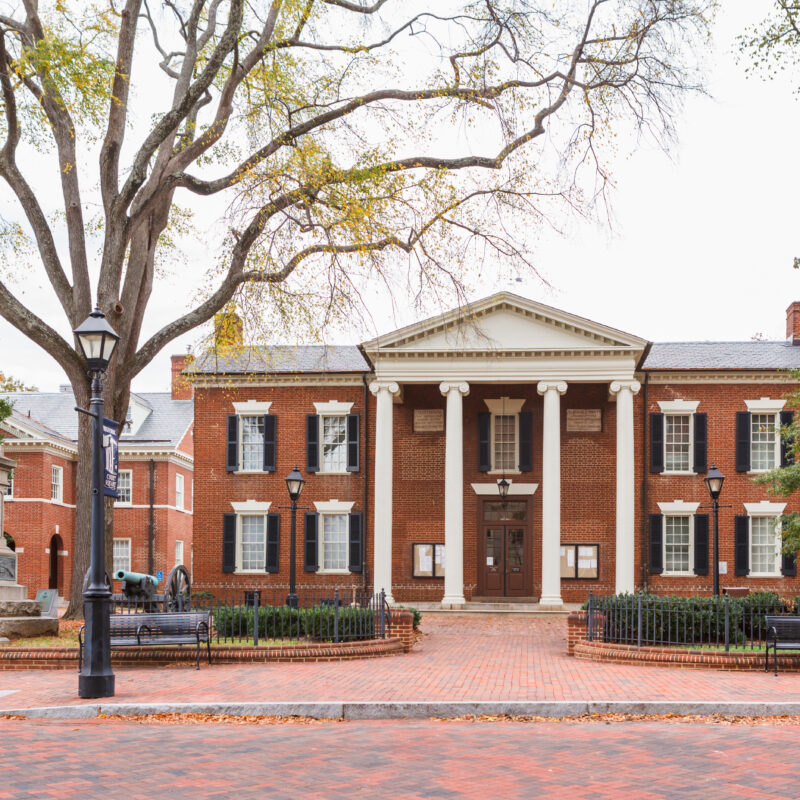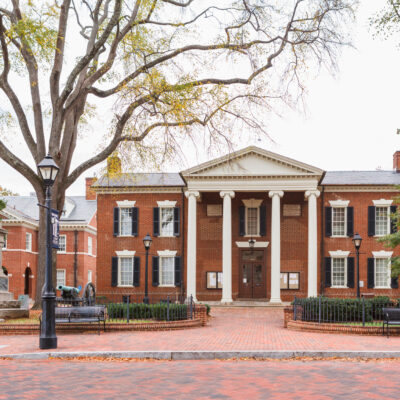gallery
It’s the 40th anniversary of the Summer of Love: Aging dinosaur rock bands lumber onwards, Baby Boomers are patting themselves on the back for having changed the world and it’s becoming increasingly difficult to find accurate documents of the late ’60s, much less ones with any level of grace or insight.
 Get your mojo workin’: Peter Whitehead’s Tonight Lets All Make Love in London turns an honest (if experimental) eye on sex, drugs and rock ‘n’ roll in ’60s London. |
Peter Whitehead’s Tonite Let’s All Make Love in London is perhaps even more interesting today than when it was released in 1967, precisely because it avoids the wide-eyed wonder that characterizes so much of today’s nostalgia trips. Whitehead strings together an inspired montage of experimental techniques, documentary footage and casual interviews with celebrities and artists; the resulting film is both a bewildering psychedelic tapestry and an intelligent investigation.
The more experimental segments are the film’s most engaging, if also the most dated. Freeze-frames, close-ups and rapid editing combine with an uncharacteristically visceral score by Pink Floyd. It’s tempting to call Whitehead the forefather of the music video, but—like all filmmakers who are credited with that dubious honor—there’s a lot more going on. Beneath the surface of this pop pastiche, there’s actually a great deal of cultural anthropology at work.
Whitehead interviews several fashionable young mods, one of whom claims, "A woman doesn’t have to disguise her sexuality—that’s freedom." Perhaps, but in swinging London, sexism abounds; later in the film, a man from Playboy magazine discusses why London is the ideal place to open a strip club. It’s unclear if Whitehead intended to make a Didion-esque critique of the Hippie Generation, but parts of the film certainly read that way today.
Most subjects appear rather naïve under the camera’s silent gaze. Rolling Stones leader Mick Jagger seems less foolish, but also terribly aloof. Despite talk of "class consciousness," everyone’s biggest concern seems to be how late the pubs stay open. Michael Caine, at least, seems aware of his exalted privilege and has a good sense of humor about it.
One memorable scene involves a Rolling Stones concert. A young woman appears to assault Jagger on stage, and is then violently thrown into the audience; the footage is repeated over and over at various frame rates. The context of the event is muddled at best, but one thing is clear: There’s more happening here than anyone is acknowledging.
Unfortunately, the University of Virginia Art Museum is hardly the ideal place to engage with this film. The sound is near-unintelligible due to the Museum’s thunderous ambience, and the fancy flat-screen TV stretches the picture until everyone’s head looks flattened. Nevertheless, this is the only place in town to see this fascinating film (as well as three other Whitehead flicks, on rotation), so check it out while you can.
A clip from Peter Whitehead’s "Wholly Communion," which will be showing at the UVA Art Museum. |





